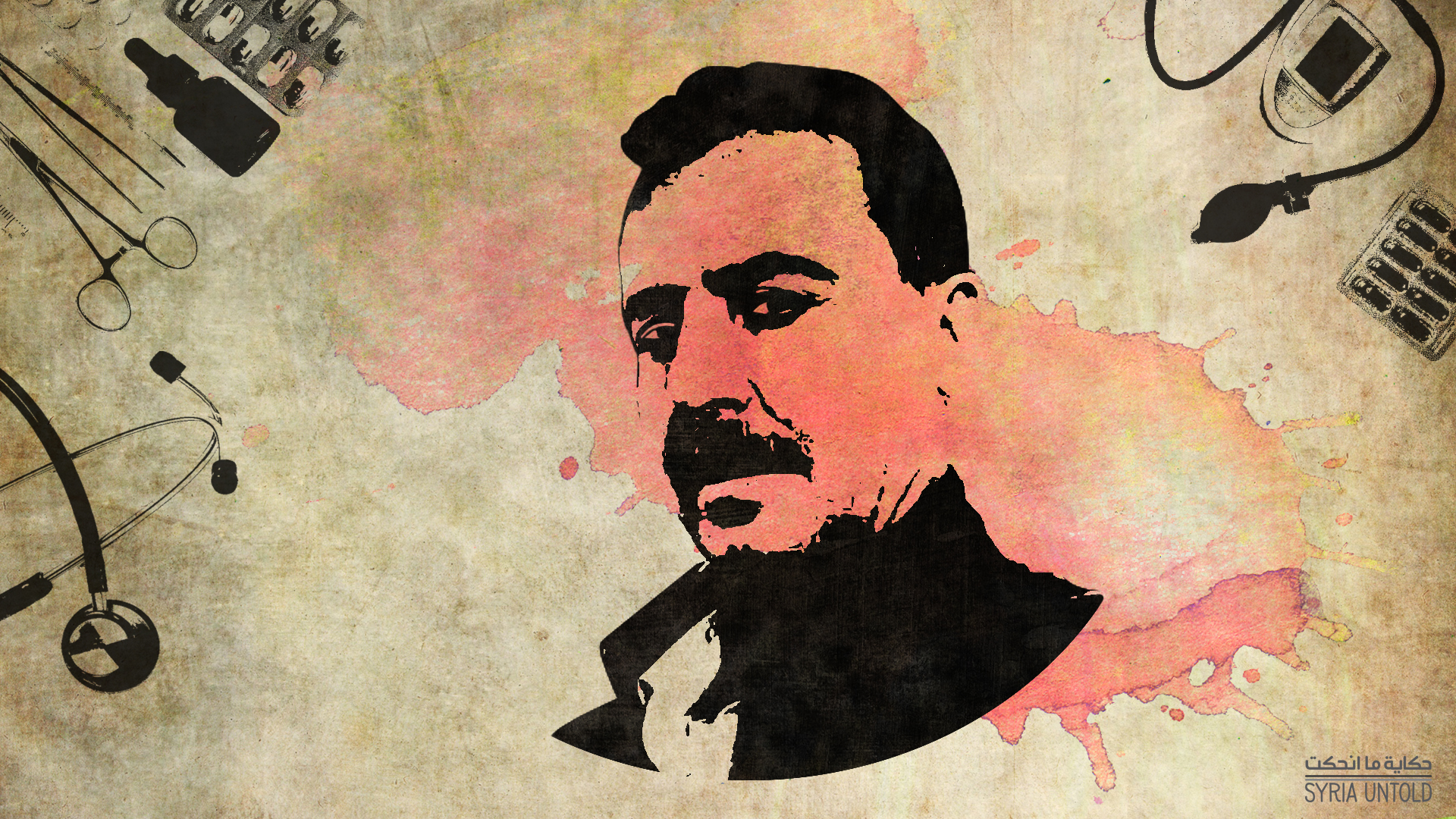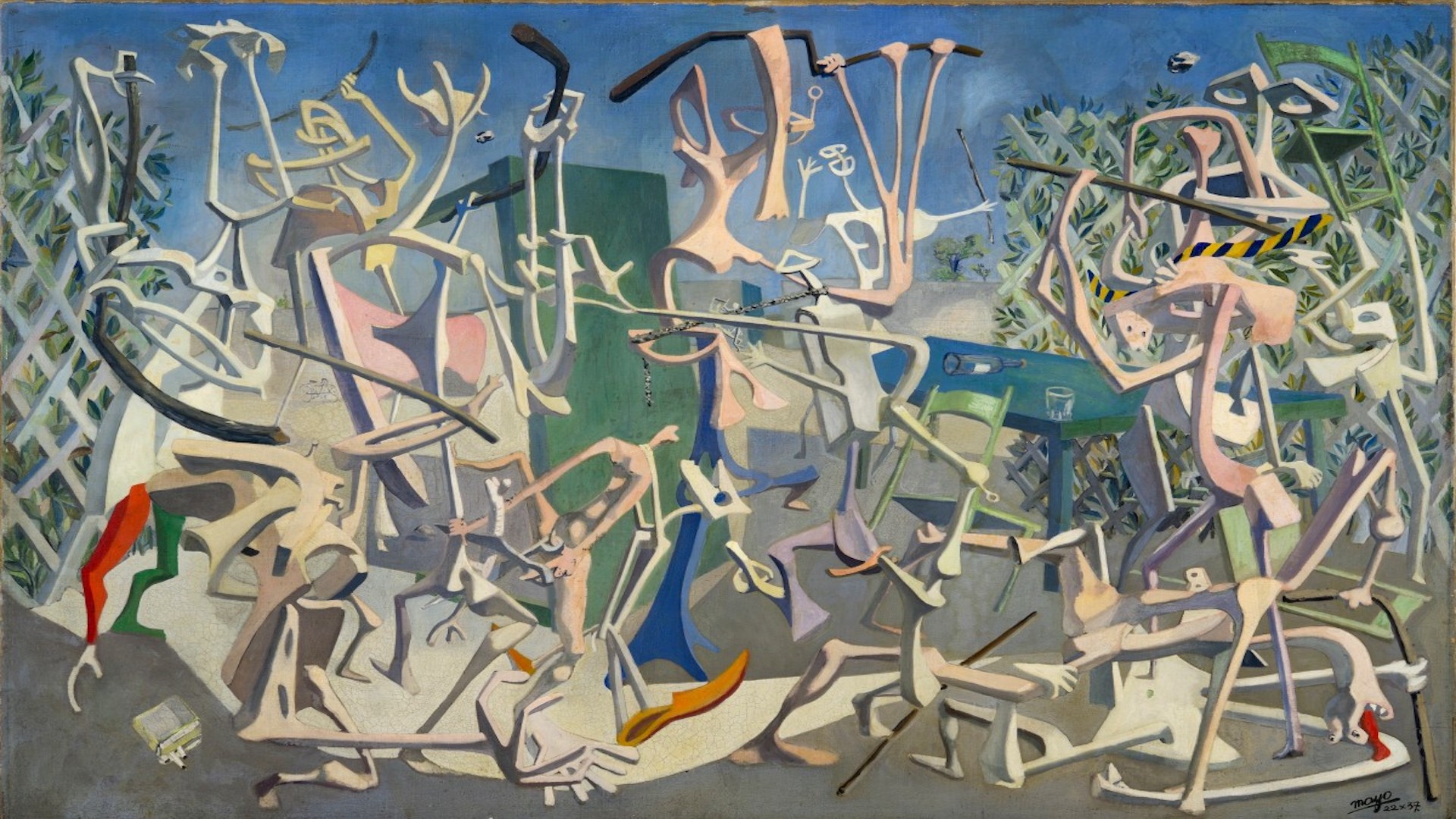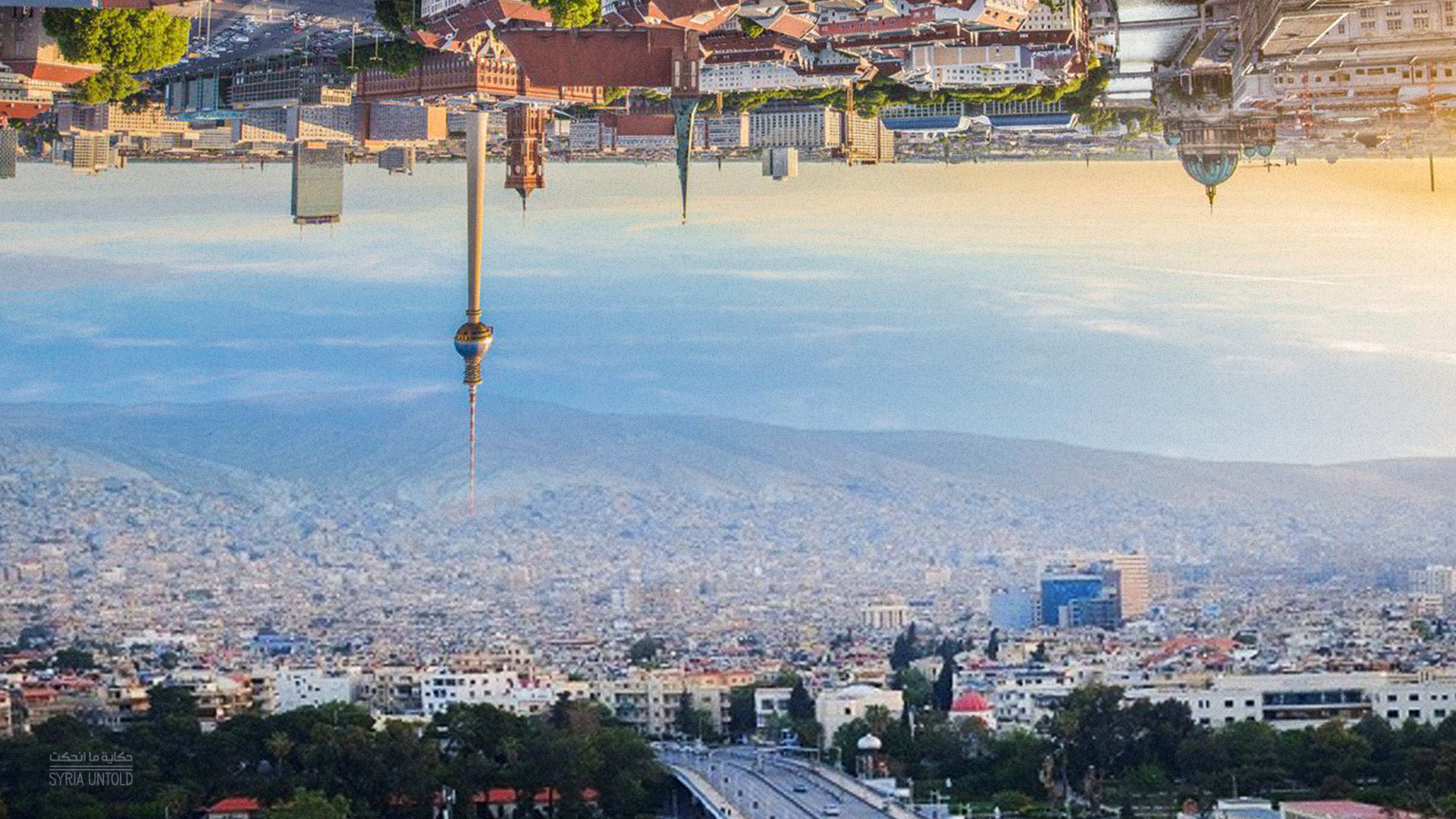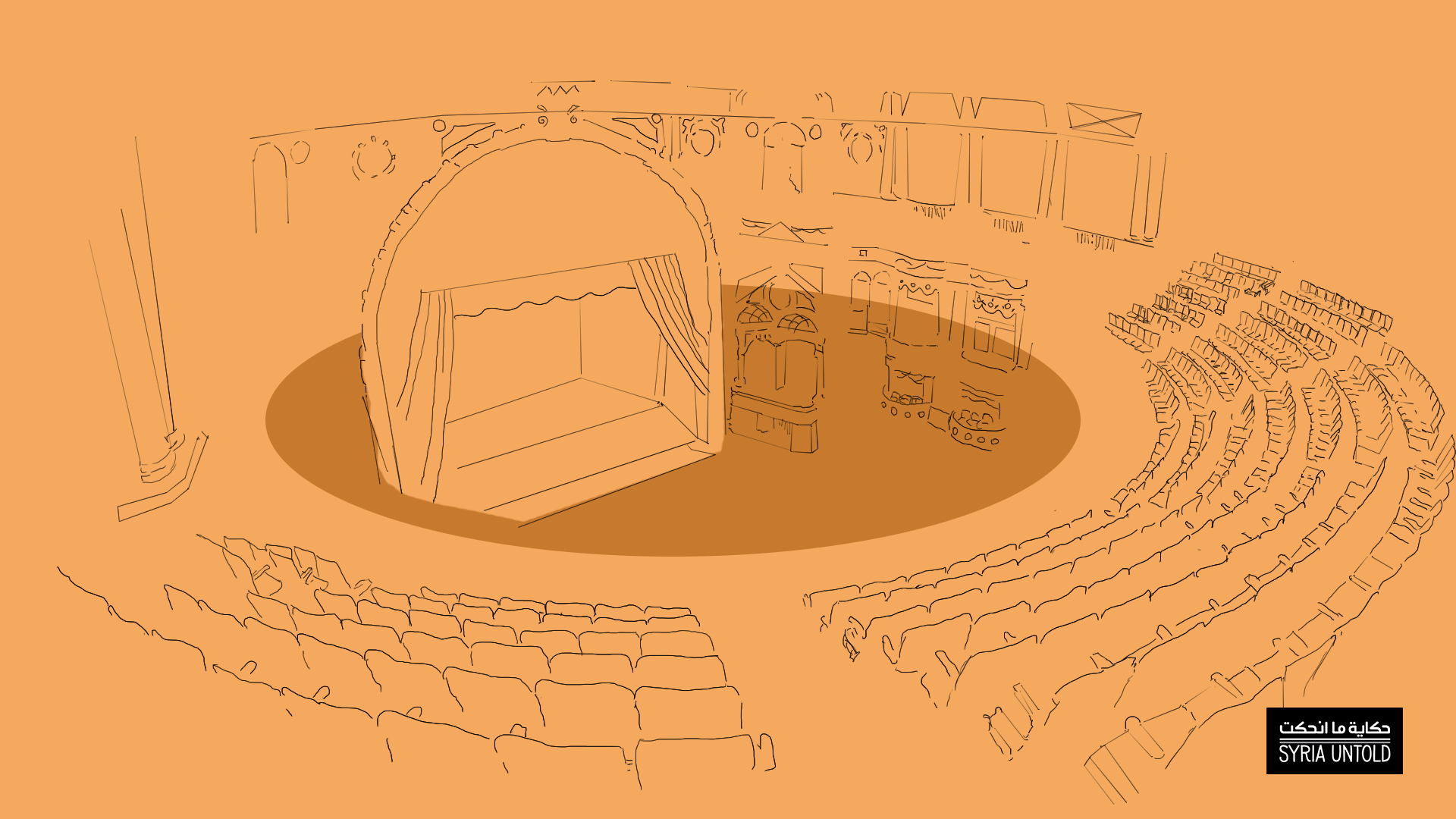Wafa Mustafa: the woman fighting to find her father – and all of Syria’s disappeared (The Guardian)
“Eight years ago, as pro-democracy protests raged on the streets of Syria, Wafa Mustafa’s father, Ali, was dragged from an apartment in Damascus by armed men and driven away. It was the last time he was seen or heard from. ‘In just a few moments, our family was obliterated,’ says Mustafa. ‘It was the end of our lives, and the beginning of another kind of existence altogether.’ Mustafa was 23. ‘So young, really, although I didn’t feel like that at the time,’ she says.” Read more
A forced disappearance in Raqqa, and the empty spaces left behind
09 December 2020
Millions of Syrians now rely on just one border crossing for UN aid. How did we get here?
13 July 2020
Europe’s fringe considers ties with Syria (Financial Times)
“Just weeks after Syrian president Bashar al-Assad was re-elected in a poll widely seen as farcical, some smaller European countries are tentatively warming their relations with the regime.
Cyprus is moving into a new embassy in Damascus, while Serbia is to send an ambassador — the first time it has replaced a top diplomat since civil war broke out 10 years ago.” Read more
UN demands accountability over Syria mass disappearances (Al Jazeera)
“The UN Human Rights Council has called for those behind ‘massive scale’ enforced disappearances in Syria during the past 10 years of conflict to be held accountable.
The resolution, presented on Tuesday by several European countries, the United States, Turkey and Qatar, decried that Syria’s crisis had entered a second decade ‘marked by consistent patterns of gross violations.’” Read more
Russia thwarts U.S. bid to expand Syrian aid corridors (Foreign Policy)
“The U.N. Security Council agreed Friday to preserve a vital aid corridor on the Syria-Turkey border for an additional six months, with the possibility of extending it for an additional six months, averting the immediate collapse of a relief operation that serves millions of Syrians residing in rebel-held territory in the northwest.” Read more
The return of the non-prodigal sons (Asymptote)
“We are not a community, we who stayed abroad. We don’t resemble one another or share common bonds. We rarely meet, and when we do, for some occasion, we part ways and disperse, speaking of staying in touch. We’ve reached a stage where we now spare each other false reproaches. We part ways and disperse very quickly, relieved to have avoided a heavy moment that would disrupt our life here, which flows like a calm river. A heavier moment still when it’s a Lebanese occasion such as a film or a lecture about Beirut, or something which we attend to support and commiserate with and feel less guilty. Like most immigrants, we used to linger at entrances and in hallways and then gather at a café nearby to catch up, inquire about the situation back home, or engage in heated debates.” Read more







